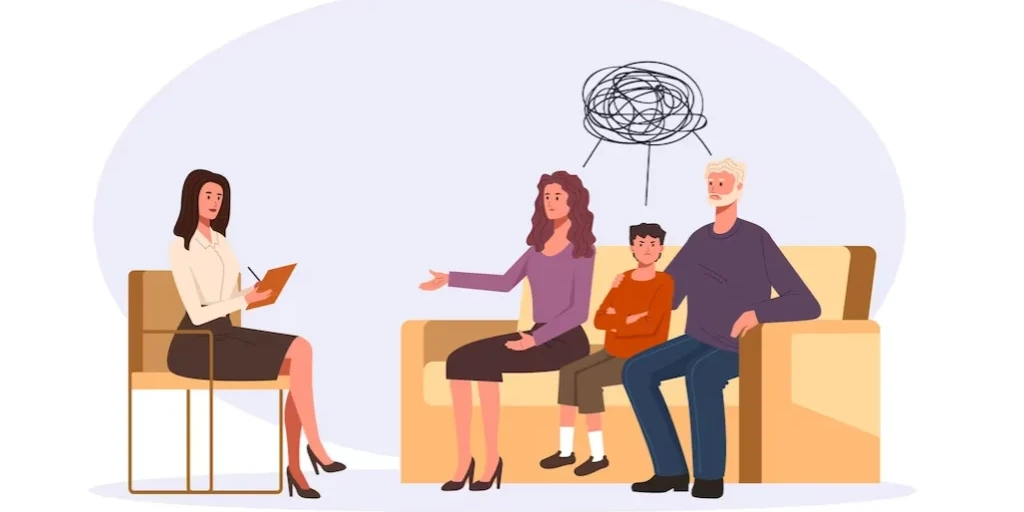24/7 Helpline:
(866) 899-221924/7 Helpline:
(866) 899-2219
Learn more about Eating Disorder Treatment centers in Cache County

Other Insurance Options

Humana

Sutter

Amerigroup

Choice Care Network

PHCS Network

Anthem

Premera

Oxford

Cigna

CareSource

Carleon

GEHA

Optum

State Farm

Evernorth

WellCare Health Plans

WellPoint

Health Choice

Health Net

American Behavioral

























































































































































































































































































